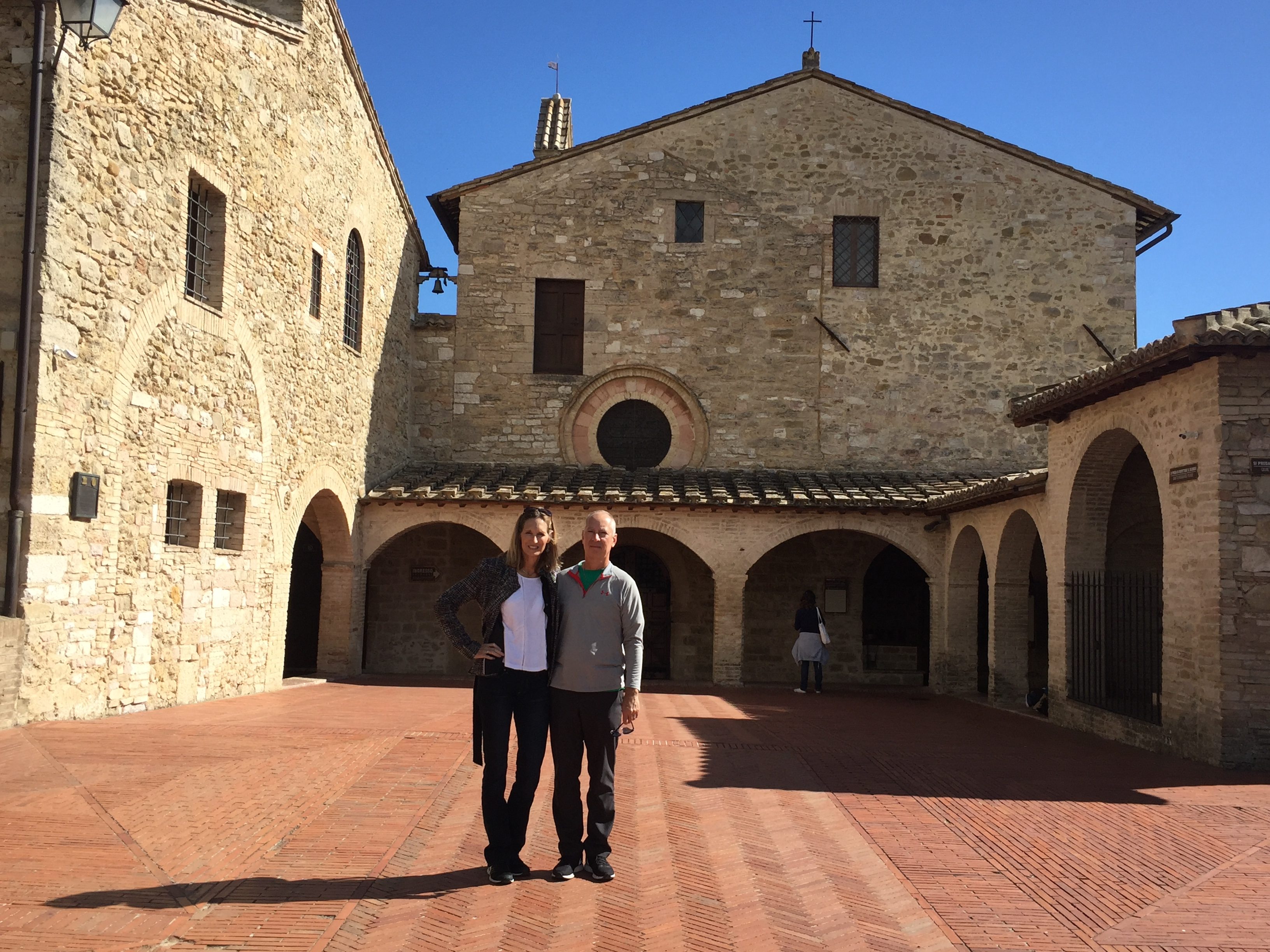When I was a young Christian my relationship with Jesus was based on his atoning sacrifice on the cross, to rid me of my sin problem. I talked much about a personal relationship with Jesus. I had a personal relationship with Jesus. That relationship was based on gratitude for his atoning death on a cross. Jesus Christ was my substitute. I should have been on that cross.
This relationship with Jesus was fortified by the nature of Jesus as both God and Human: God became human and died like one of us. Christ was sinless, and that made his atoning sacrifice “perfect” because Jesus was the only sinless human, and thus his sacrifice was effectual. My understanding of Christianity was further fortified with a hope that when I die some day I will go away to heaven to be with Jesus for all eternity. My Calvinist Reformed Theology told me salvation was “a grace,” a gift I never deserved nor earned.
I still believe all this. But these days it feels rather thin and cool – not very relational for all my prayers and thoughts about a personal relationship with Jesus. Something shifted within me. I grew old.
In my first half of life “faith” meant “belief.” “I believe in Jesus Christ” was my very loaded faith statement. When I said those words, I meant everything I just said above. “I believe in Jesus Christ” was a creed, a doctrinal statement, and a summary of all my beliefs.
In my second half of life “faith means “trust.” Sure, I trusted Jesus in the first half of life. But now Jesus and I sit together in much silence. Jesus is not my friend. Jesus is my King. I wait for him. I wait at his feet. I am his servant… and it appears I have become a favored servant. Not because I did anything special. Jesus just likes me. I don’t need to prove anything anymore. Funny thing, because in my first half of life, despite all my talk of grace, trust and relationship, I still performed for Jesus; I still replaced trust and relationship with a set of beliefs.
This is all fine. I wouldn’t really change much even if I could. For the first half of life Faith is called Foundationalism. We build a foundation. Or as Richard Rohr likes to say, “We build a tower.” We argue doctrine and the true meaning of Greek words in the New Testament. We are right, they are wrong. In the first half of the Christian life, we have enemies.
But in the second half of the Christian life, we must jump from our tower, lose the arguments, embrace the triviality of most everything we thought was so important that it caused us to leave churches, renounce Christian leaders, pick favorite parachurch ministries, and take pride in how dog-eared and highlighted our Bible had become. We were in love with ourselves, and Jesus helped prove how lovable we were (which is a strange irony of depravity and grace). Genuine Christians have no enemies.
These days for me Faith means Trust, not Beliefs. Spirituality is more important the older we become. In the second half of life we gain a real relationship with Jesus, because we stop performing for him. We finally understand grace, and “good works” now flow out of identity with Jesus, instead of grasping control of mission, leadership and morality.
For the young Christian: beware! Beware of clipping off genuine trust and relationship for the sake of being right and trustworthy. Beware of turning Faith into Belief instead of Trust. Follow Jesus and empty yourself. Become nothing so that you may be filled up with Christ… so that you may be “In Christ.”
Wait before you speak. Sit before you stand up. Pray before you think.










